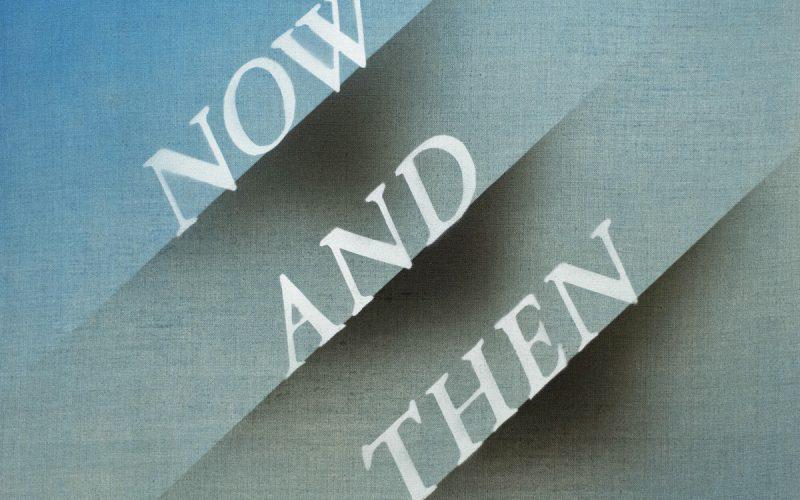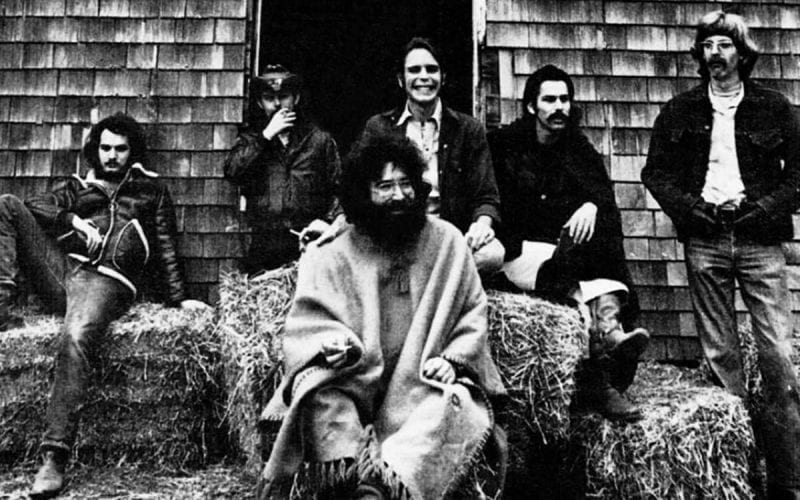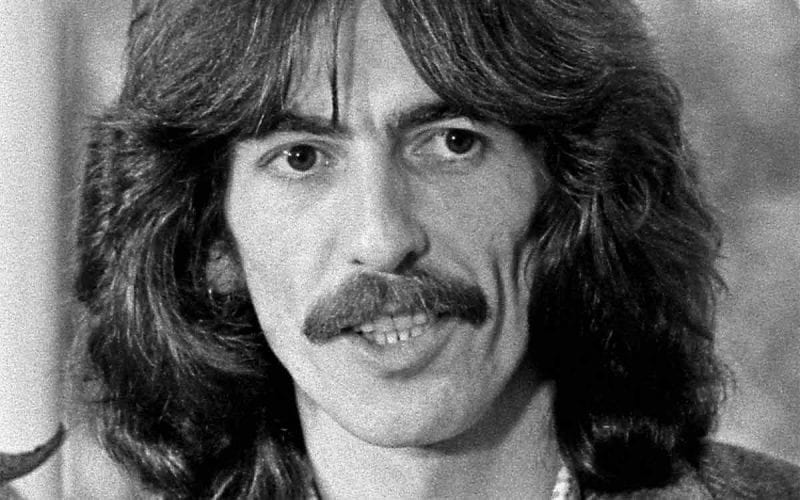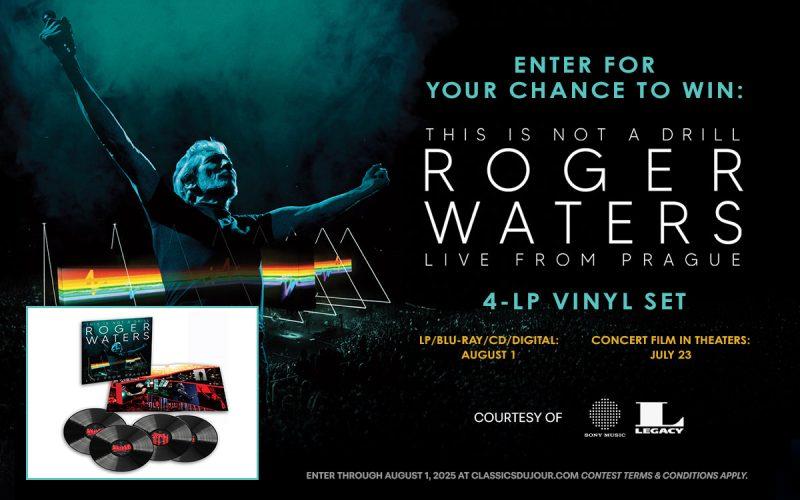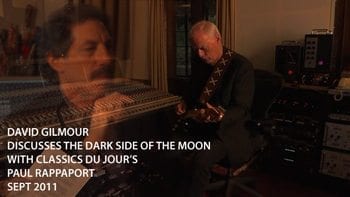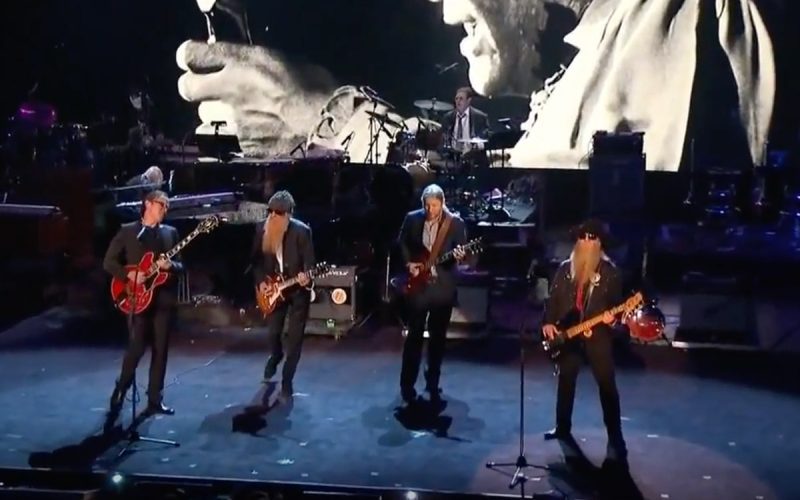
I usually don’t write many opinion pieces and definitely try to shy away from being a critic.
Someone once said, “Critics are the people who come down from the mountain after the war is over and shoot the wounded.” That pretty much sums it up for me. Not that there aren’t some critics of the arts who make good points, have a thoughtful approach, and who are worth reading. It’s just that often I come away thinking, ‘You try and write a play, or a song, or produce a movie, and then we’ll talk.’
I used to love reading Pete Townshend’s pieces in Rolling Stone years ago because, not only is he a good writer, but being a musician himself, gave him instant credibility. It is in that spirit that I feel the need to tackle the question, are too many young blues players losing the plot, losing the whole reason to play the blues?
I used the term “we” in the title of this piece, because I am always having to remind myself when attempting to play the blues, to find that deep dark feeling, the blues muse if you will, instead of opting for tried-and-true rote pentatonic blues phrases that can artificially be used to elicit emotion from an audience.
The idea for this piece started when a friend called recently all hyped up and excited for me to listen to a young artist that he said was a real deal blues player. I got excited thinking perhaps the person would be that new young player that I keep hoping will show up one day. Someone who gets it, someone who will authentically play the blues rather than just emote the blues in a theatrical sense. So, I went on YouTube to check him out. This particular male artist has a great voice, and like many others, is also a really good guitar player. But alas, like many others, he just seems to be going through the motions of playing the blues, not really playing the blues.
For some out there reading this, you may not even care that there is a difference. So, for you folks, I’ll try and keep this brief. But for you real blues aficionados, I’ll bet you know what I’m talking about.
My theory is, that somewhere between artists like Muddy Waters and the three Kings, Freddie, Albert, and B.B., just to name a few, a true bridge was lost to many of the modern-day blues players. I think some of that comes from natural evolution. With the advent of MTV followed by the internet and YouTube, which made it very easy for budding guitarists to fast-forward learning how to play guitar, hundreds of guitarists emerged who copied the people who copied those original players.
Many became even technically better than the originals or those that copied them. Becoming technically better allowed them to fire off emotion with many more flurries of notes per bar. And I’m not trying to say that’s bad, I’m just saying it’s different, and less authentic if the true blues feeling is what you’re after. The audience is still moved, but mostly is impressed by the “flash” guitar prowess.
The blues is a feel thing, and it has very little to do with how many notes you play, or how fast you play them. It requires one to tap into their innermost soul, and let whatever pain or longing is in there to be released, and to be communicated through emotional expression. For instance, no one would argue that Amy Winehouse sang with a passion that was a window into her soul, not unlike Billie Holiday or Etta James. I’m just always hoping to find the Amy Winehouse of blues guitar.
Perhaps it can’t happen, or much harder to happen, because it’s so hard to make a living these days as a musician, one has to opt out for a more commercial approach. Back in the day, the blues was popular and had loyal following. Today, not so much.
Here’s where things get tricky.
I want to make a point but without dissing any one particular player. There are guitarists out there, who tour and have careers steeped in the blues or blues style playing, like Kenny Wayne Shepherd, Joe Bonamassa, Samantha Fish, Marcus King, Gary Clark Jr., John Mayer, and Derek Trucks just to name some who easily come to mind. I really enjoy some of these artists’ endeavors myself. In fact, for me, John Mayer and Derek Trucks are true standouts. I’m not saying that any of the above folks listed aren’t talented, just wondering if the real blues is somehow being lost in translation.
I’m always hoping to find the new version of, let’s say, someone like Freddie King. Not only the guitar playing but the sincere vocal performance of someone telling a story that goes right to your heart. Here’s a great example.
Freddie King “Ain’t No Sunshine” Live in Dallas, TX 1973
Now let’s look at something more modern. Parts of this next video will hopefully help make my point.
This is Joe Bonamassa, Billy Gibbons, Derek Trucks, and Dusty Hill doing a tribute to Freddie King with the song “Going Down.” You will see Bonamassa really show off his guitar prowess (indeed, he was a child prodigy). But for me, the story he’s telling has nothing to do with the lyrics of the song but rather, ‘let me show you these fancy riffs—here’s number one and two, and when I get to solo again, I’ll show off my speed with riff numbers three and four.’
Gibbons and Trucks, on the other hand, seem to be searching for that muse, getting to more of a real blues feeling, and telling more of a true blues story. Again, not trying to diss Joe here as I have great respect for his playing and I know he has a lot of fans. It’s just a different thing.
Joe Bonamassa, Dusty Hill, Derek Trucks and Billy Gibbons – Going Down
The following video is another version of the same song which features some of the aforementioned players. You’ll see and hear some fine guitar playing, but none of these players seem to be trying to harness a real blues feel as much as showing off their individual flash guitar abilities. Again, a way different approach than what we see watching the Freddie King video.
Joe Bonamassa, Kenny Wayne Shepherd, Samantha Fish, Walter Trout – Going Down
I recently read an eye-opening article about Peter Green. The writer stated that in his opinion, the greatest blues guitar player exported by Britain was, indeed, Peter Green, not Eric Clapton. The writer made the point that Green was able to tap into a special world where his melodic notes and phrases touched your heart in a special way as opposed to Clapton who can certainly put blues phrases together that will knock your socks off, but perhaps in a more calculated fashion.
More Backstage Access:
Remembering Peter Green
The article also went on to tell a story about Clapton wearing some outlandish outfit with his hair all teased up walking up to Peter and saying, “Peter, if you’re going to dress like that, you’re never going to be a star.” Peter just looked up and smiled. I am a huge fan of both players, but I found it interesting that Peter’s priorities were more about getting to that magical place than becoming a rock star.
It was the same for Michael Bloomfield, one of the greatest blues players of all time. Got his chops hanging out with Muddy Waters and other original Chicago blues greats. He used to tell his rock colleagues that they were all going to become rich and famous because they were on the road to becoming rock stars, while he, content to just play the blues, would never come close to reaching that status. His prophecy turned out to be true. But if you want to hear some of the greatest second-generation, blues guitar playing ever, listen to this. It’s the real deal.
Michael Bloomfield – Blues on a Westside
Lastly, I want to say: there is hope.
John Mayer, who burst onto the scene as pop star, went through some mighty big changes in his life during his journey in the star-maker-machinery. Fame and fortune getting the best of him is well documented. But he eventually turned back to his guitar playing to rediscover his true talent, and since has put himself in the direction of mining that natural gift, currently playing with the Grateful Dead in a more free-form environment.
My apologies for using the same song yet one more time, but I always think comparing apples to apples is best when trying to prove a point.
Here are the Rolling Stones doing “Going Down” featuring John Mayer and Gary Clark Jr. Mayer, who solos first, will set your soul on fire. In fact, not unlike Freddie King’s performance, Mayer himself is visibly moved in a deep almost spiritual way by the music that is channeling through him. Ron Wood and Gary Clark Jr. hold their own, but the other stand-out here is Keith, who with very few notes, will take you to that magical place.
Rolling Stones with John Mayer and Gary Clark Jr. – Going Down
More Backstage Access:
Explaining The Grateful Dead
Circling back to answer my original question, I do believe that many modern blues guitar players’ priorities are not to try and show you a window into their soul, or to even try and find that blues muse.
It’s a much more a commercial approach. You may be impressed, but you’re not hearing the blues, you’re hearing a blues facsimile.
So, for me, sadly, I think we’re losing the whole reason to play blues in the first place.
My apologies if I’ve upset any fans out there of particular players, and to any players themselves, with my opinions about what I feel is truly authentic blues guitar. And after all, this is just one man’s opinion. But I honestly feel as blues players we would do well to remind ourselves of the original plot. To try and rebuild a bridge back to emoting real feelings and let people see the vulnerable sides of us. To tell deeper stories with our guitar playing.
Until next time,
Rap~
© Paul Rappaport 2022

